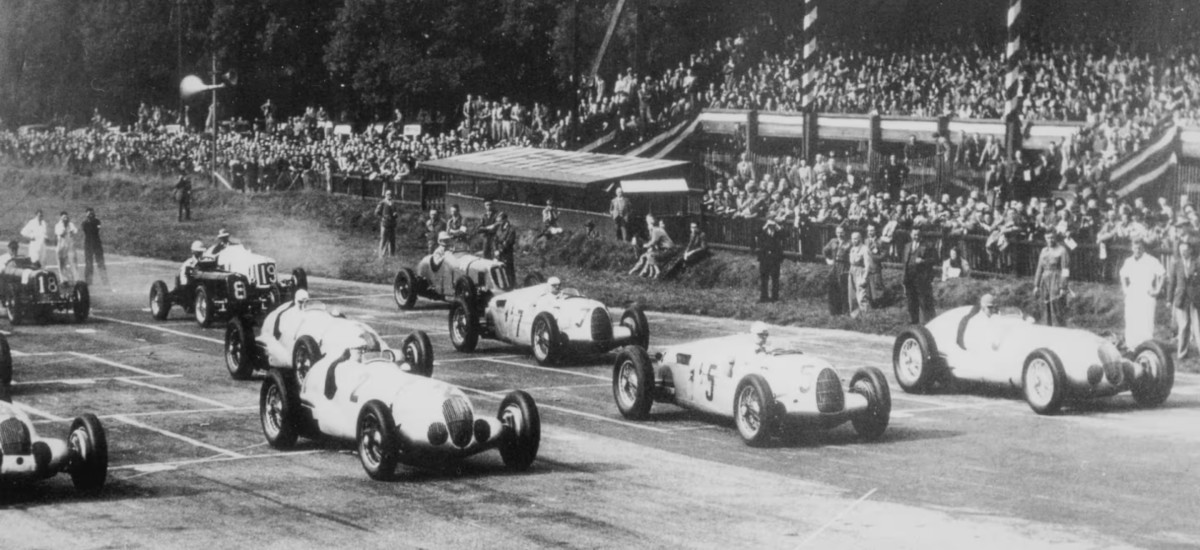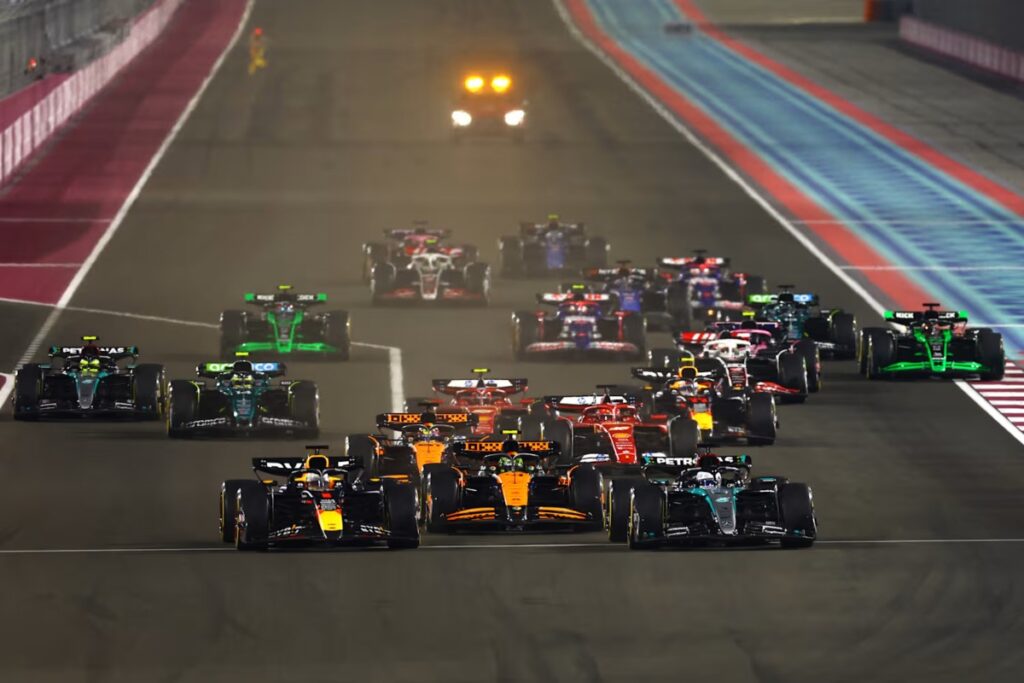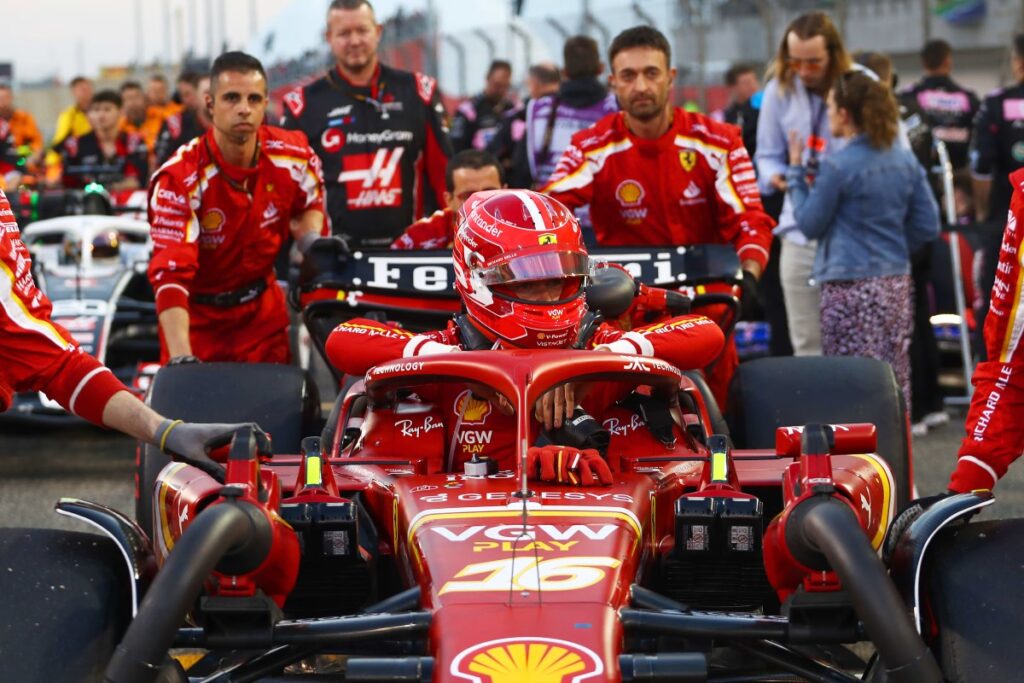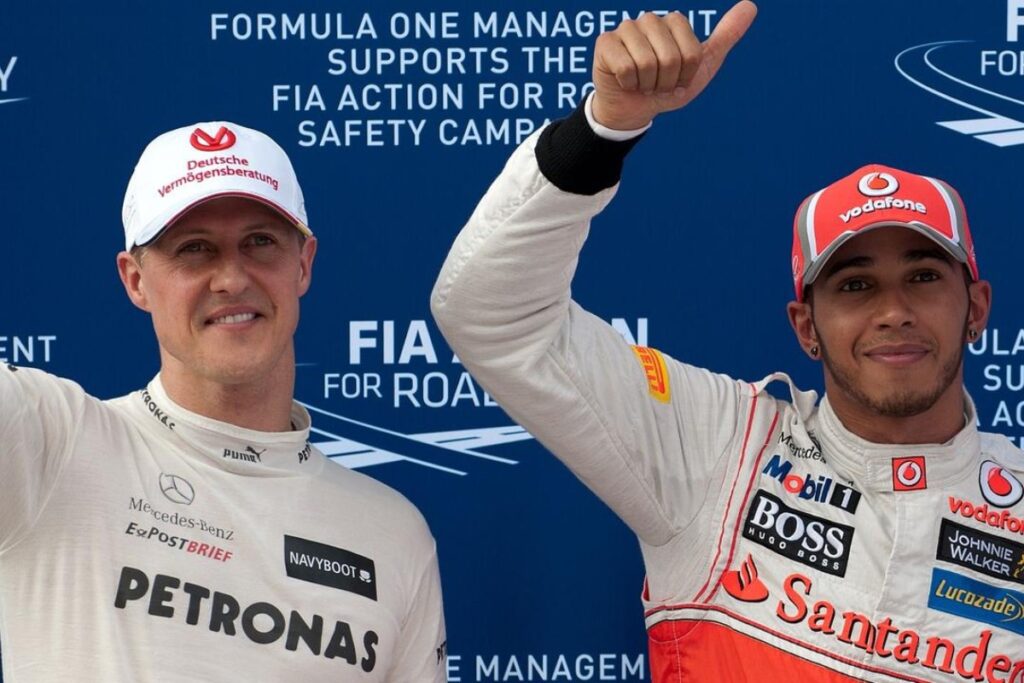While Formula 1 is fundamentally a team effort—after all, changing all four tires in under two seconds requires absolute precision—it is also a test of individual skill, with drivers who resemble fighter pilots more than traditional athletes.
They endure intense g-forces, make split-second decisions, and race at breathtaking speeds of up to 370 km/h. To reach the pinnacle, F1 drivers push themselves and their cutting-edge machines to the very limit of performance.




